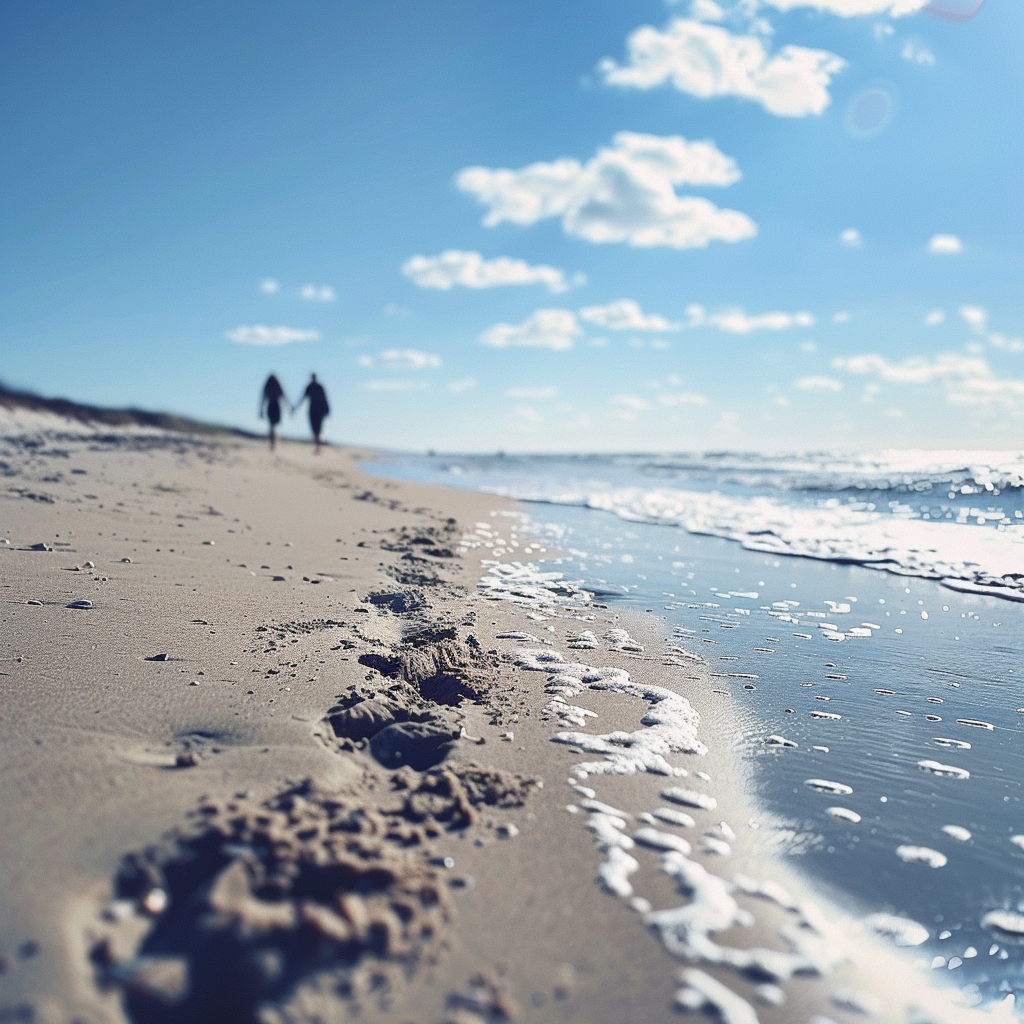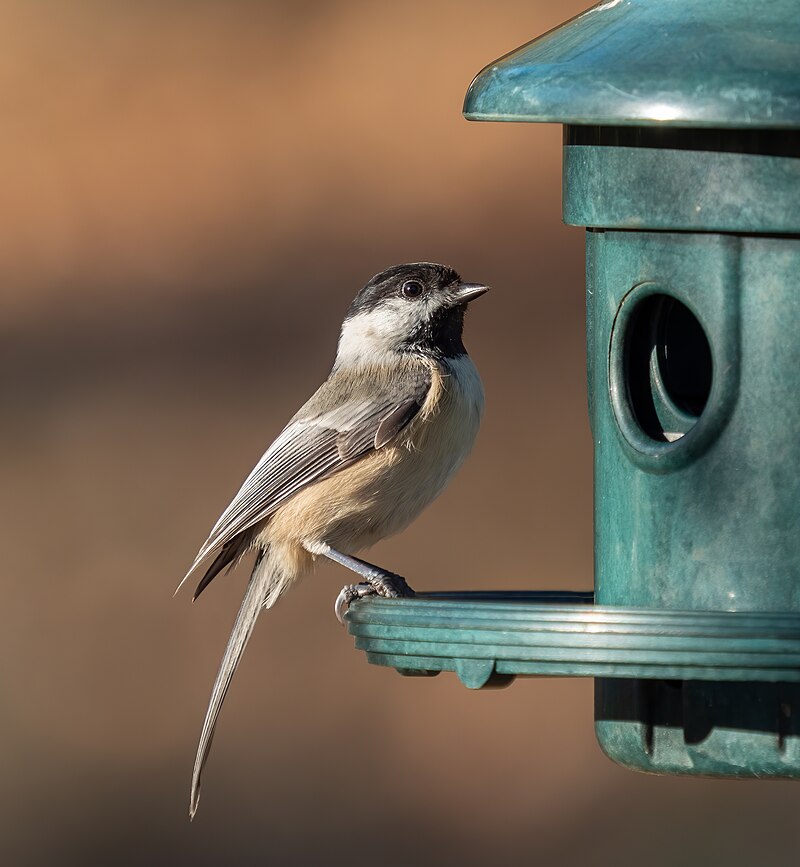
Have you ever wondered how much time you should spend in nature to feel your best? Recent research has uncovered a sweet spot: 120 minutes per week. This study, involving a whopping 20,000 people from England, has shown that spending at least two hours a week in natural settings significantly boosts your health and well-being. So, let’s dive into why this is your new golden rule for feeling fantastic and how you can effortlessly integrate it into your life.
The Nature-Health Connection: Why 120 Minutes?
Scientists have long suspected that being in nature has numerous health benefits, but pinpointing the ideal amount of time has been tricky. This study found that while any time spent outdoors is better than none, the real magic happens at the 120-minute mark. People who clocked in two hours or more in nature per week reported feeling healthier and happier compared to those who didn’t.
Interestingly, the benefits plateaued after 200-300 minutes, suggesting that while more nature is great, it’s the initial 120 minutes that pack the most punch. Think of these two hours as your minimum weekly dose for a happier, healthier you!
Quality Over Proximity: It’s About the Experience
You might think you need to live near a park or the countryside to reap these benefits, but that’s not the case. The study highlighted that even those in less green areas can achieve their 120-minute goal by seeking out natural spots beyond their immediate neighborhood. This is great news for city dwellers and those living in less green areas—nature adventures are worth the trip!
Physical Activity or Pure Nature Bliss?
A common question is whether it’s nature or just being active that makes us feel better. While physical activity is fantastic for health, the study accounted for exercise and still found that nature itself had unique benefits. Activities like “forest bathing” in Japan have shown that simply being in nature—even without intense physical activity—can reduce stress and improve mental well-being.
How to Hit Your Nature Sweet Spot
Achieving your 120 minutes of nature time can be as flexible as your schedule allows. Here are some fun and easy ways to get started:
- Weekend Warrior: Plan a couple of longer hikes or walks in local parks or nature reserves.
- Daily Doses: Take short, daily strolls in your neighborhood park or even a garden.
- Nature Lunch Breaks: Spend your lunch break outside, enjoying the greenery.
- Outdoor Hobbies: Engage in outdoor activities you love—whether it’s bird watching, gardening, or picnicking.
Making Nature a Habit
Consistency is key. Whether you prefer a big weekend adventure or short daily visits, the important thing is to make nature a regular part of your routine. Here’s how to make it stick:
- Set a Schedule: Block out time in your calendar for nature, just like you would for any other important appointment.
- Invite Friends and Family: Turn your nature time into a social activity. It’s a great way to bond and motivate each other.
- Mix It Up: Explore different parks, trails, and natural spots to keep things exciting.
Nature’s Healing Power
The benefits of spending time in nature extend beyond just physical health. The study showed that nature exposure is linked to improved mental well-being, comparable to the benefits of living in a less deprived area, having a high-status job, or meeting physical activity guidelines. This makes your nature time a powerful tool for boosting overall life satisfaction.
Final Thoughts: Your Nature Prescription
While more research is needed to fine-tune these findings, the current evidence is clear: spending at least 120 minutes a week in nature can significantly enhance your health and happiness. So why not give it a try? Embrace the great outdoors, breathe in the fresh air, and let nature work its wonders. Your mind and body will thank you!
Remember, the path to better health and well-being might be as simple as stepping outside. So grab your walking shoes, head to the nearest green space, and start clocking in those magical 120 minutes in nature every week. Happy exploring!
Link to the study in Nature:





